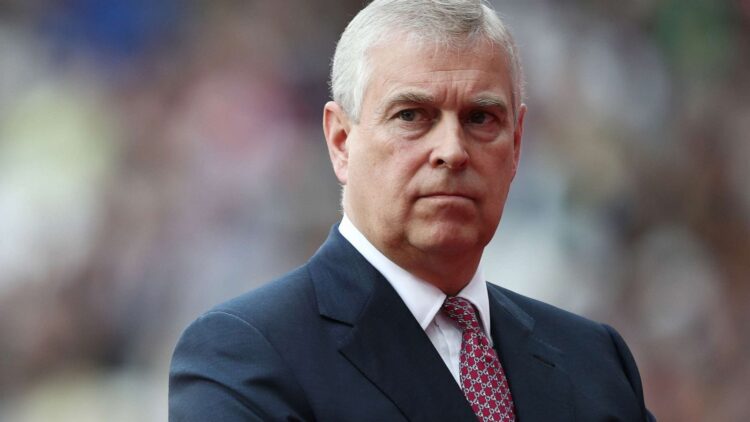By Sheila Mckenzie-
Prince Andrew’s reluctance to leave the Royal Lodge while building works take place is problematic for the royal family, and could undermine its authority and public perception.
Andrew is reportedly refusing to move while repair works take place, due to concerns that his brother, King Charles could seize the opportunity to forcefully evict him out of the property. The standoff could present another chapter in the conflicting dynamics of the royal family.
The Monarchy Royal Lodge, a 30-room estate valued at £30million, is currently occupied by just Prince Andrew and his ex-wife Sarah Ferguson, Duchess of York.
According to sources, there are plans for the Prince and Princess of Wales, who currently live in the four-bedroom Adelaide Cottage in Windsor with their three children, could move into Royal Lodge if Andrew vacates the property.
The five-bed of Frogmore is currently occupied by Princess Eugenie, who gave birth to her son last week .
Prince Andrew has found himself marginalised from official duties and largely kept out of the public eye after his involvement in the Jeffrey Epstein scandal, but plans to see him evicted from the cottage will be embarrassing to him and likely worsen his mental health.
The refusal of Prince Andrew to vacate the Royal Lodge could a strain within the royal family, particularly between him and King Charles. There are fears by some analysts that public nature of this dispute could easily amplifies the strain, also impacting the cohesion and image of the royal family as a unified institution.
. Given the controversy surrounding Prince Andrew’s association with Jeffrey Epstein and the subsequent legal proceedings, his decision to remain in the Royal Lodge despite his diminished public role , is already being seen as an act of entitlement or disregard for public opinion.
Analysts believe any further negative perception of the royal family risks eroding public support and confidence in the monarchy, which relies heavily on maintaining a positive image.
Prince Andrew settled the sexual assault case filed against him by Virginia Giuffre for an undisclosed sum, sparing him the humiliation of giving evidence in a trial and protecting the royal family from further reputational damage.
Andrew made a “substantial donation” to Giuffre’s charity in support of victims’ rights believed to have been in excess of £20m.
The out-of-court settlement in the US civil case means Prince Andrew amounted to no admission of guilt over claims by Giuffre that he sexually assaulted her on three occasions when she was 17, allegations he has repeatedly denied.
A legal statement released by Andrew’s representatives at the time said he had “never intended to malign Ms Giuffre’s character” and that he recognised she had “suffered both as an established victim of abuse and as a result of unfair public attacks”.
The prince was subsequently openly subjected to a verbal attack by a young 21 year old as the public gathered to mourn the death of the Queen last September.
His refusal to leave the Royal Lodge also raises questions about the monarchy’s ability to enforce its decisions and uphold its authority.




